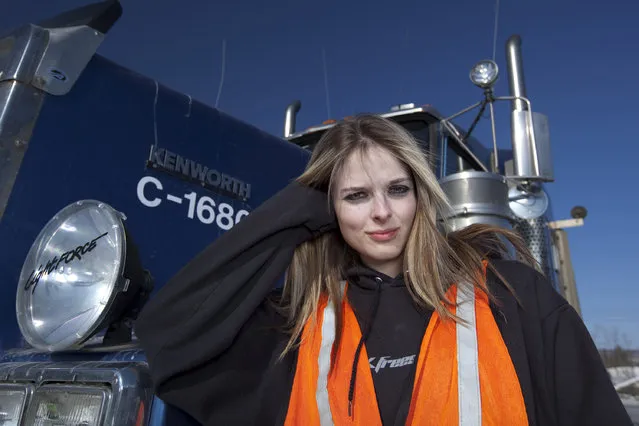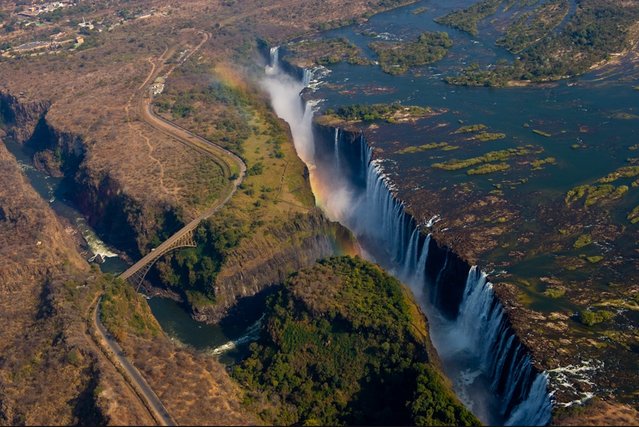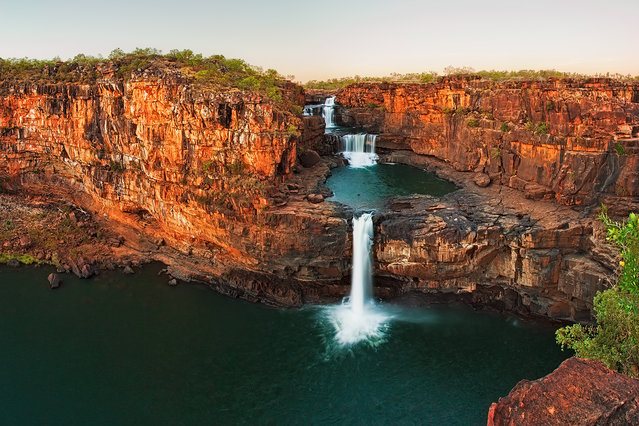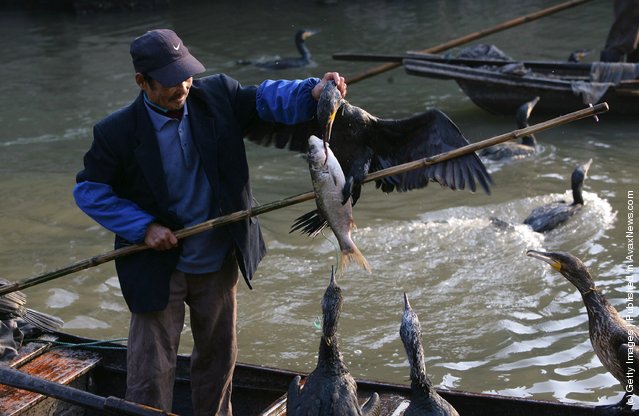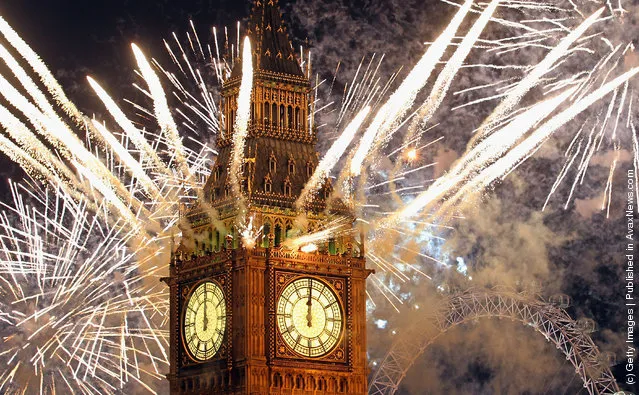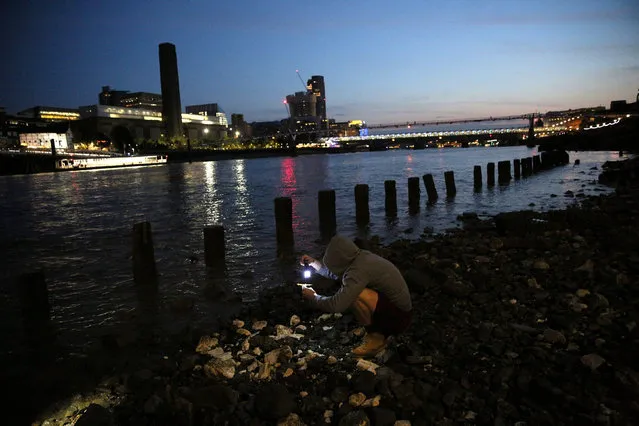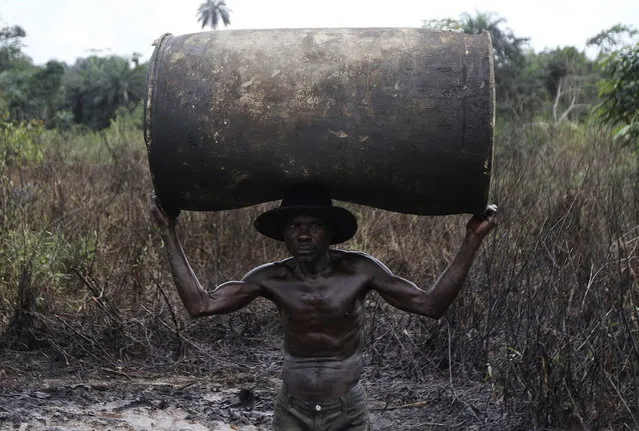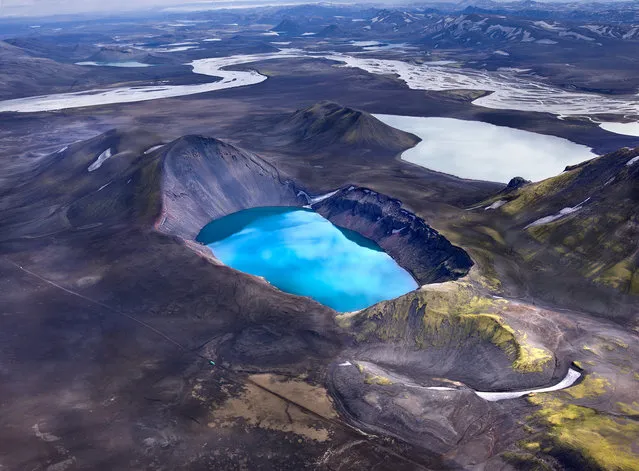
Andre Ermolaev is a photographer from Moscow, Russia (featured previously). In an ongoing series of aerial photos, Andre captures Iceland’s incredible landscape like you’ve never seen. Many of his images focus on capturing glacial rivers flowing through Iceland’s volcanic areas and the patterns and colours that emerge from the resulting flow.
29 May 2014 10:57:00,post received
0 comments

